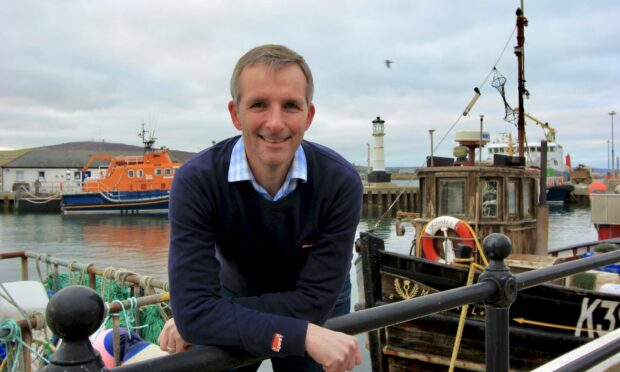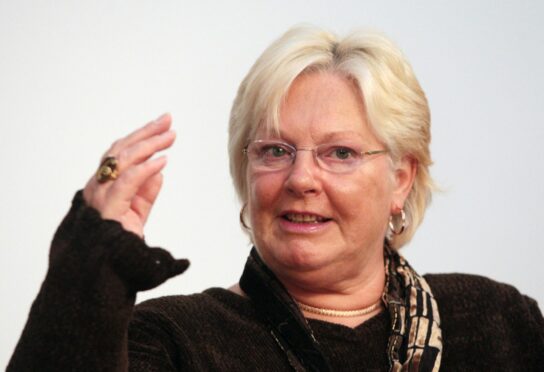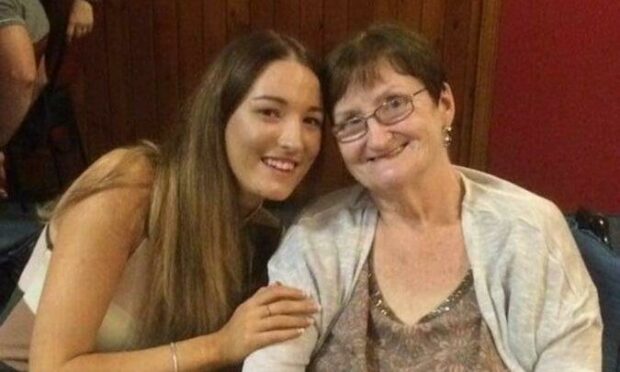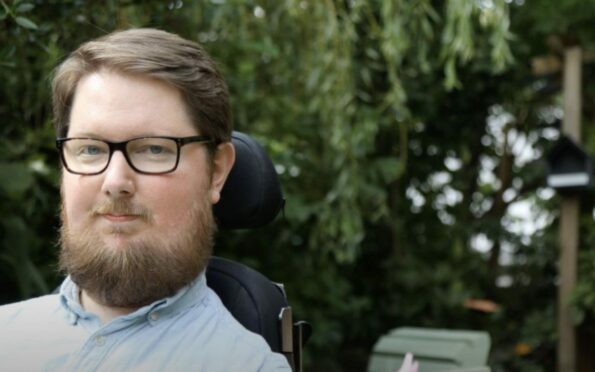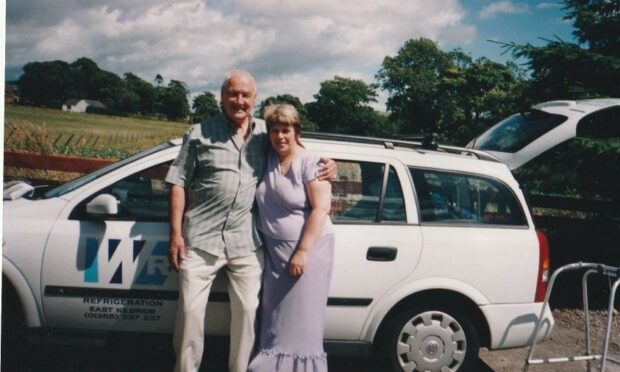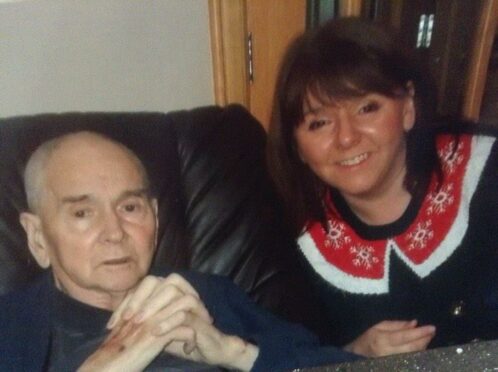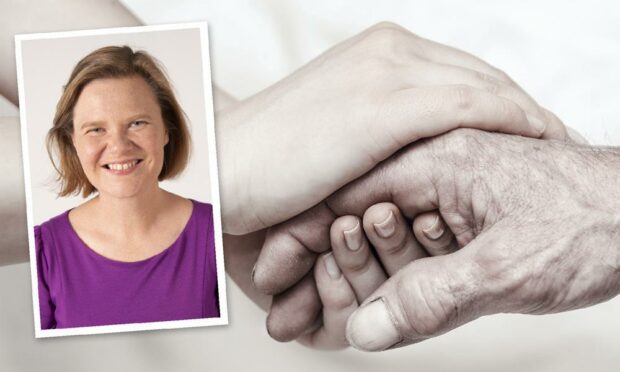MSPs are facing calls to swing their support behind a public campaign for legalised assisted dying in Scotland, as a major consultation draws to an end.
For the past few weeks, people have been having their say on proposals offering an alternative to fears of a “prolonged and painful final days”.
We shared heartbreaking experiences from those who want change after seeing loved ones die.
And we shared views of people worried about the impact on society.
While demand for a change appears to be growing, those on the other side fear a change in the law would open up a “Pandora’s box” for marginalised groups experiencing “widespread harm”.
Speaking as the consultation ends on December 22, Lib Dem MSP Liam McArthur already thinks this is the biggest response to any backbencher’s bill in the history of devolution.
“It is safe to say the level of response to this is unprecedented,” he said.
McArthur’s hopes for third time lucky
This is not the first time Holyrood has looked at legalised assisted dying.
A previous assisted dying bill was brought forward by the late independent MSP Margo MacDonald in 2010.
She died with Parkinson’s Disease in 2014 and co-leader of the Scottish Greens Patrick Harvie brought it back to parliament for a second time in 2015.
On both occasions Holyrood decided there were significant flaws in the bills and they were rejected.
However, Mr McArthur believes this will be third time lucky, and is appealing to his fellow MSPs to get behind his proposals.
He said: “I am not sure the public has shifted all that much, there has consistently been strong support to change the law for assisted dying for some time now.
“But in each instance this strong support has not been reflected in the views amongst MSPs, therefore earlier attempts to bring this forward have been unsuccessful.
“I suspect this time there will be a change in mind, and that is a reflection of the fact there have been two election since the last parliament considered this proposal.
“My MSP colleagues also now come to this issue with lived experience of family members or close friends going through a bad death that is prolonged and painful in the final days and weeks.”
He claimed the current blanket ban on assisted dying in Scotland is “unsustainable” as it leads to too many instances where someone is beyond the reach of palliative care.
Mr McArthur said: “This leaves them with the option of going to Switzerland weeks or months sooner than they maybe need to, or taking matters into their own hands by refusing food and liquids or by even more dramatic and traumatic means.”
Opening ‘Pandora’s box’
Despite Mr McArthur’s belief there is “strong support” for legalised assisted dying in Scotland, there are groups campaigning to make sure the law stays as it is.
Better Way says legalising assisted dying drives attention away from care in the community and proper palliative care.
They also say this means Scotland is debating dignity in death before there is true dignity in life.
Dr Miro Girffiths, a Leverhulme research fellow in disability studies and a spokesman for the Better Way campaign, says it will also have a particularly adverse effect on disabled people.
He said: “I am not ignoring the prevalence of pain, distress and fear that can – sometimes – accompany health conditions, illnesses and impairments.
“I am aware this exists, and I experience it personally.
“I am arguing that we cannot pass legislation and policy measures based on a tiny number of individuals’ anecdotal experiences.”
He said disabled people’s human rights violations are real.
“Disabled people are denied opportunities to participate in their communities,” he said.
“Disabled people do not receive sufficient support to have a valued, respected role in society.
“If the assisted dying bill was not to pass these issues would still exist.
“If the assisted dying bill was to pass, these issues would likely be compounded, as would inequalities faced by other groups.
“I urge MSPs not to open the door to assisted suicide.
“Once this Pandora’s box is opened, it leads to serious and widespread harms affecting the most marginalised in society.”
